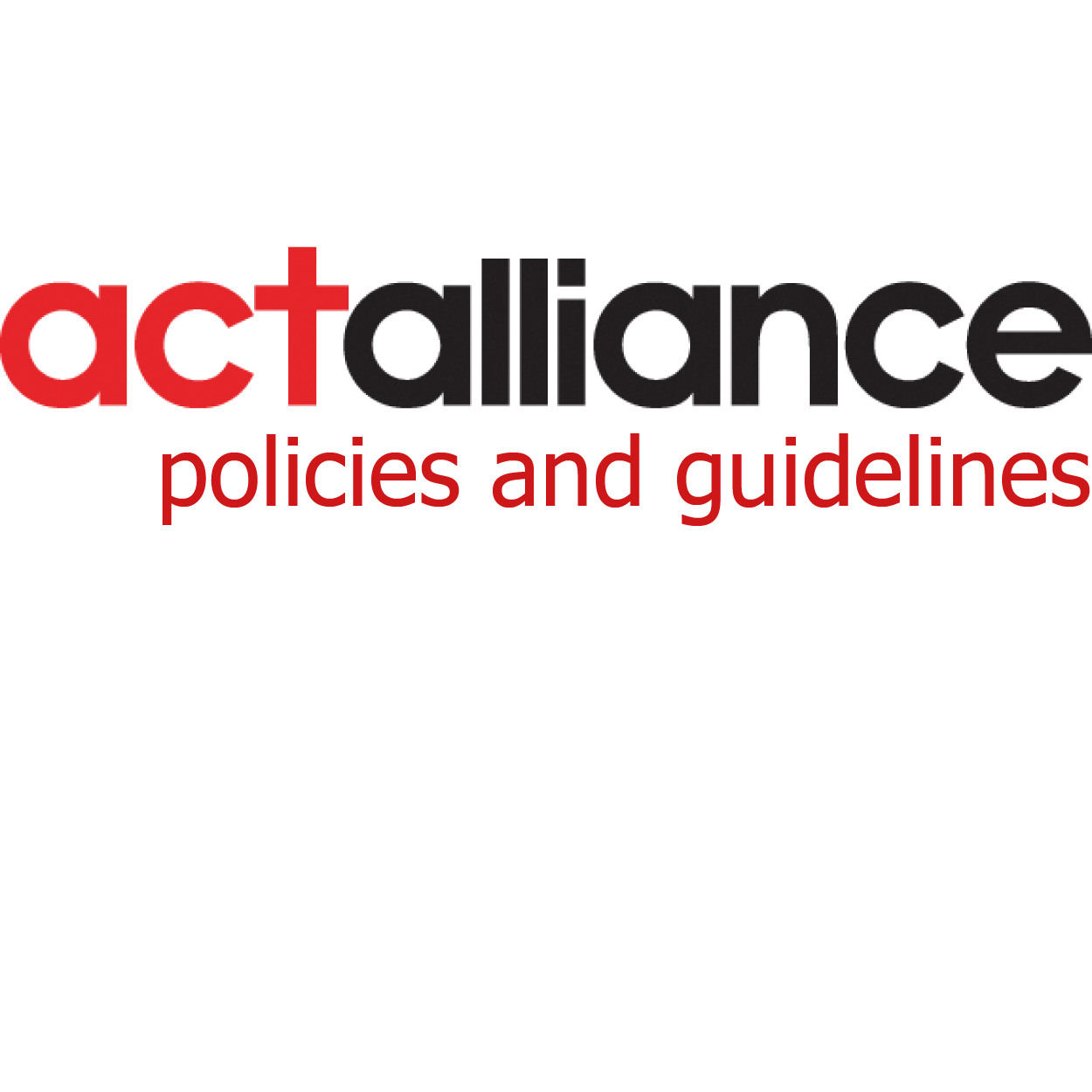In run-up to High Level Ministerial Meeting on of the Implementation Sendai Framework 2015-2030: United Nations Office for Disaster Risk Reduction – Regional Office for the Americas, 8-9 June 2016
Country: Bolivia
Project name: Building thriving and resilient livelihoods for forest women in Bolivia
Main activity to highlight:
This project used an integrated approach to strengthen the capacity of communities in Palos Blancos to diversify their livelihoods, make adaptations to agricultural practices to account for climate change, and explicitly include women.
What resulted was increased awareness of risk, and the formation of community driven action plans; the integration and complementarity of community action into local authority activities; increased sustainable livelihoods, and household level income; and the empowerment and inclusion of local women’s group at local and district level.
Activities involved:
- Conducting PVCAs and training in agroforestry management in 8 communities;
- The production and distribution of agricultural seedlings and planting of fruit and forest plants in communal nurseries, which have benefited families living in almost 40 hectares of forest;
- A community-identified and led installation of a water system to ensure the supply of clean running water to the most vulnerable households in the Libertad community;
- Community-based risk reduction awareness workshops that have increased knowledge of risk and adaptive practices among women and men in 8 communities.
Action plans emerged from the community level PVCA process, as well as the establishment of risk management units (as requested by women’s’ groups) in 2 communities to put those responsible within the action plans to task. As a result of the coordination efforts of the Women’s Enterprise Association in Tucupi district, the community participatory processes and risk management activities of this project have been recognised by the Bolivian Government and ECHO, and will be implemented in neighbouring communities and municipalities of Bolivia to increase the resilience of communities living in flood prone areas across the Amazon.
Quote from beneficiaries:
“Previously we did not have bananas for cooking; we had to go to the market to buy them for 2 or 3 bolivianos. But now we can support our families and our husbands to from the sale of [our] bananas … We have also had workshops where we learned many things, for example we have developed our organisational profile to present and knock on doors [referring to the PVCA workshops and community action plans that has allowed women to advocate and lobby the municipality for the construction of latrines with septic tanks] and we also have learned to graft plants. This is the first time we have a communal plan like this, because before we had never heard of PVCA methodology. With this training our organisation of women are better organised to lobby.” – Sra. Carmen Quispe President of the Women’s Producers Organisation “Siempre Unidas” which translates as Always United from San Miguel de Huachi.
For more information, please contact: Mandeep Mudhar MMudhar@christian-aid.org)



